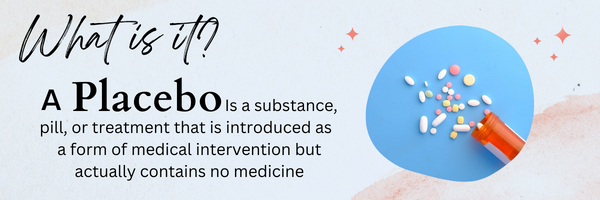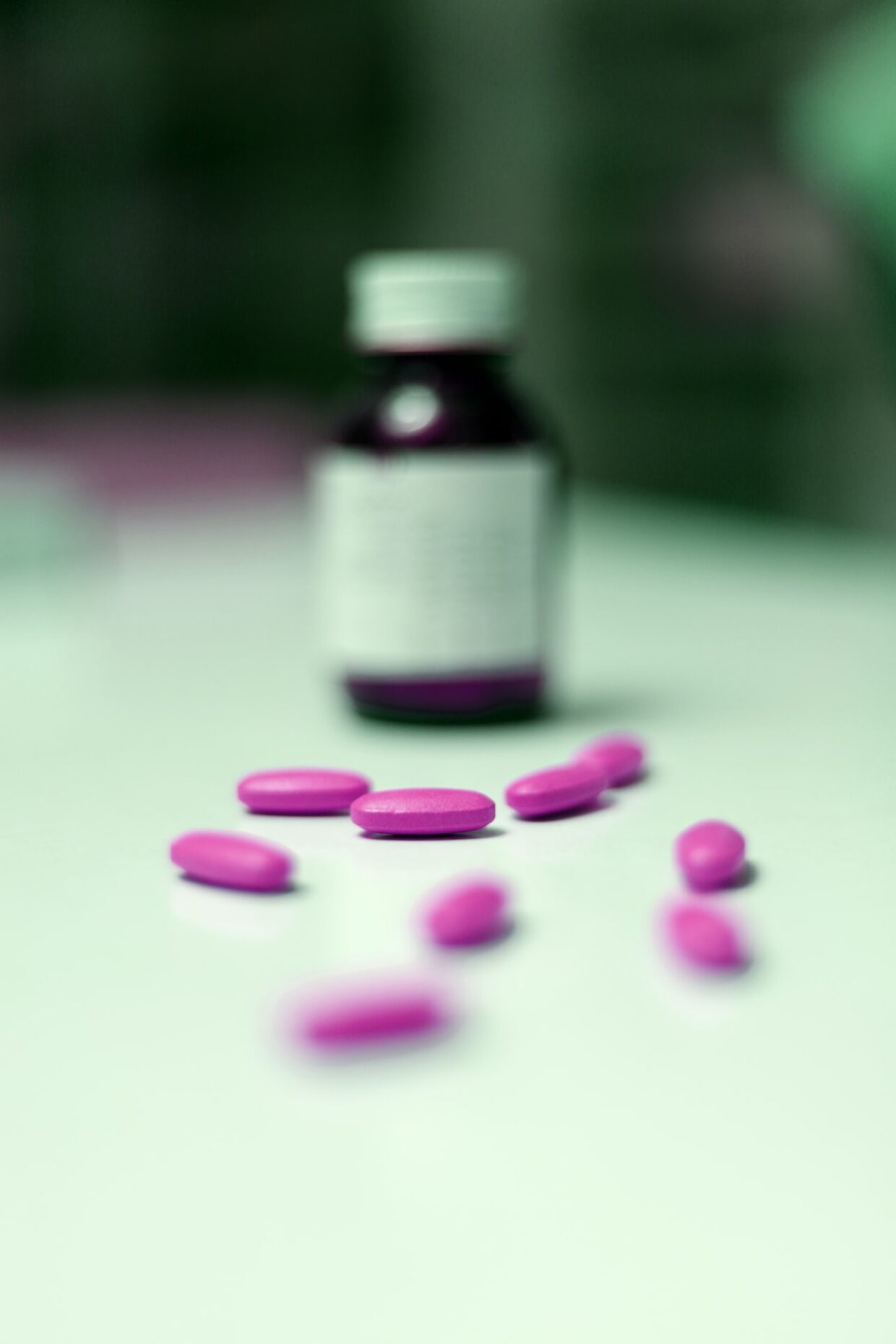
A Placebo is not an active treatment, and therefor has no medical effect. They are often used by patients to maintain prescription intake schedules as well as by researchers to compare drug test results to a constant baseline. Placebos are commonly used in clinical trials where certain participants (called the control group) are given placebos instead of the real drug. The placebo effect occurs when a subject’s symptoms begin to improve, despite them receiving no active medical treatment. In other words, patients think that they are getting a specific drug, get given a sugar pill, and begin to heal as though they’d been taking the real drug. Although there are some explanaitions for the placebo effect, it examines the undeniable connection between the human mind and body, a connection that is not fully understood by scientists today.
Expectation
The placebo effect can be explained by playing into the subject’s expectations. If someone is expectating something to happen due to a treatment, their perception of the circumstance can influence the results. In other words, if one has an expectation that a certain treatment will improve their condition, they may begin to feel better after the treatment is introduced. Expectations for improvement can be brought on in several different ways, including verbally (informed by a doctor/nurse), through actions (giving an injection), or socially (reassurance via positive bosy language).
Classical Conditioning
Classical conditioning occurs when something becomes associated with a specific response. Because the associations learned through classical conditioning have an effect on one’s behavior, it is possiblly another explanation for the placebo effect. For example, if a subject takes a pill to relieve their headaches, then the positive effects that they experience becomes closely associated with the pill. If the subject then recieves a similar-looking placebo pill to relieve a headache, it is possible that they experience a decrease in pain due to classical conditioning. In the same way, one may associate the doctor’s office with receiving treatment or feeling better. Consequently, this association can have an effect on one’s feelings about the treatment that they are receiving.
The Nocebo Effect
But the placebo effect also has negative effects, called the nocebo effect. The nocebo effect occurs when the subject of a study is given a placebo and is told that the drug under study has particular side effects. In the same manner that the placebo effect works, the subject then starts to experience those symptoms. The nocebo effect can also occur when a doctor suggest to you that a surgery or procedure could have negative results.
Feature Photo: Melany @ tuinfosalud.com
